In a bipartisan vote of 233 yeas to 191 nays, the United State House of Representatives has approved HR 8393, the Puerto Rico Status Act, a bill to provide for the decolonization of the US territory. The vote was a major success for Representative Nydia Velazquez (D) of New York and Resident Commissioner Jenniffer Gonzalez-Colon (NPP, R) of Puerto Rico who managed, for the first time in Puerto Rico’s history, to find consensus between the pro-statehood and anti-statehood factions in Congress. The vote, the first since 2010 on the issue, also represents the first time a chamber of the US Congress has voted for a measure that excludes the current territorial (or colonial) status as an option.
With Representative Alexandria Ocasio-Cortez (D) of New York presiding, and with Governor Pedro Pierluisi (NPP, D) of Puerto Rico watching from the House Gallery, the bill garnered the highest amount of Republican support for a Puerto Rico status bill in recent memory. The passage of the bill comes after months of uncertainty and negotiations over provisions in the legislation ranging from US citizenship in an independent nation of Puerto Rico, the presence of international observers in the vote, and minimum percentage requirements in the plebiscite result necessary for a change in status.
The White House also chimed in with a statement of administration policy in support of the bill. The statement read:
“For far too long, the residents of Puerto Rico—over 3 million U.S. citizens—have been deprived of the opportunity to determine their own political future and have not received the full rights and benefits of their citizenship because they reside in a U.S. territory. H.R. 8393 would take a historic step towards righting this wrong by establishing a process to ascertain the will of the voters of Puerto Rico regarding three constitutional options for non-territorial status: Statehood, Independence, and Sovereignty in Free Association with the United States.
The Administration looks forward to working with Congress throughout the legislative process to ensure that this bill comports with our Nation’s democratic principles. The President calls on Congress to act swiftly to put the future of Puerto Rico’s political status in the hands of Puerto Ricans, where it belongs.”
Critics have pointed out the vote will be symbolic since the US Senate is unlikely to take up the bill before the current term of the 117th Congress ends, and the 118th Congress begins. Symbolism was plentiful indeed, with Representative Velazquez presiding over the rules debate on the measure.
With the House nod, the measure is sent to the US Senate, where there has been little appetite to deal with the issue of Puerto Rico’s status. The bill would require the approval of 60 senators in a closely divided chamber, where even the Democratic Chairman of the US Senate Committee on Energy and Natural Resources, Senator of Joe Manchin of West Virginia, has expressed skepticism on the idea of statehood, calling for inventing new requirements for a new state like a Constitutional amendment or a national referendum.
The first binding plebiscite
In her speech in support of the bill, Resident Commissioner Gonzalez-Colon noted that it is the first time the chamber considered “legislation that would authorize a self-executing plebiscite on the Island among non-territorial status alternatives only.” She also explained why even though Puerto Rico has already voted for statehood, which she supports, and the fact that she would have preferred an admission bill, “given the political realities in this Congress, and in the interest of advancing the status issue and ending the long-standing territorial stagnation, I led negotiations on the bill before us.”
“Today, for the first time in our nation’s history, the US will recognize its role as a colonizing force,” opened Ocasio-Cortez in her statements, announcing her support for the bill after uncertainty over whether she would vote in favor of the measure. The runup to the vote had Gonzalez-Colon publicly attacking Ocasio-Cortez over her wish to amend the bill, an attack that included a swipe at Ocasio-Cortez’ Puerto Ricanness, something she alluded to in her speech by saying “Yo soy Boricua, pa’ que tu lo sepas,” a common refrain in Puerto Rico that translates to “I am Boricua, so you know it.”
The end of the road
Despite the support of 16 Republicans, this likely is the end for HR 8393 for the time being, as the incoming chair of the US House Committee on Natural Resources has criticized the exclusion of the territorial status as an option. The inclusion of the current status would defeat the very point of the bill. Coupled with the opposition of other Republicans, the issue of Puerto Rico’s status is unlikely to get much attention in the next Congress.
Despite the dim prospects of the bill, Governor Pierluisi celebrated the passage and said they would bring their efforts to the Senate, asking for a similar vote.

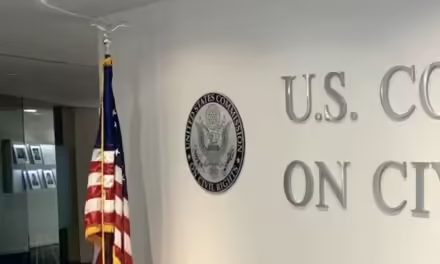
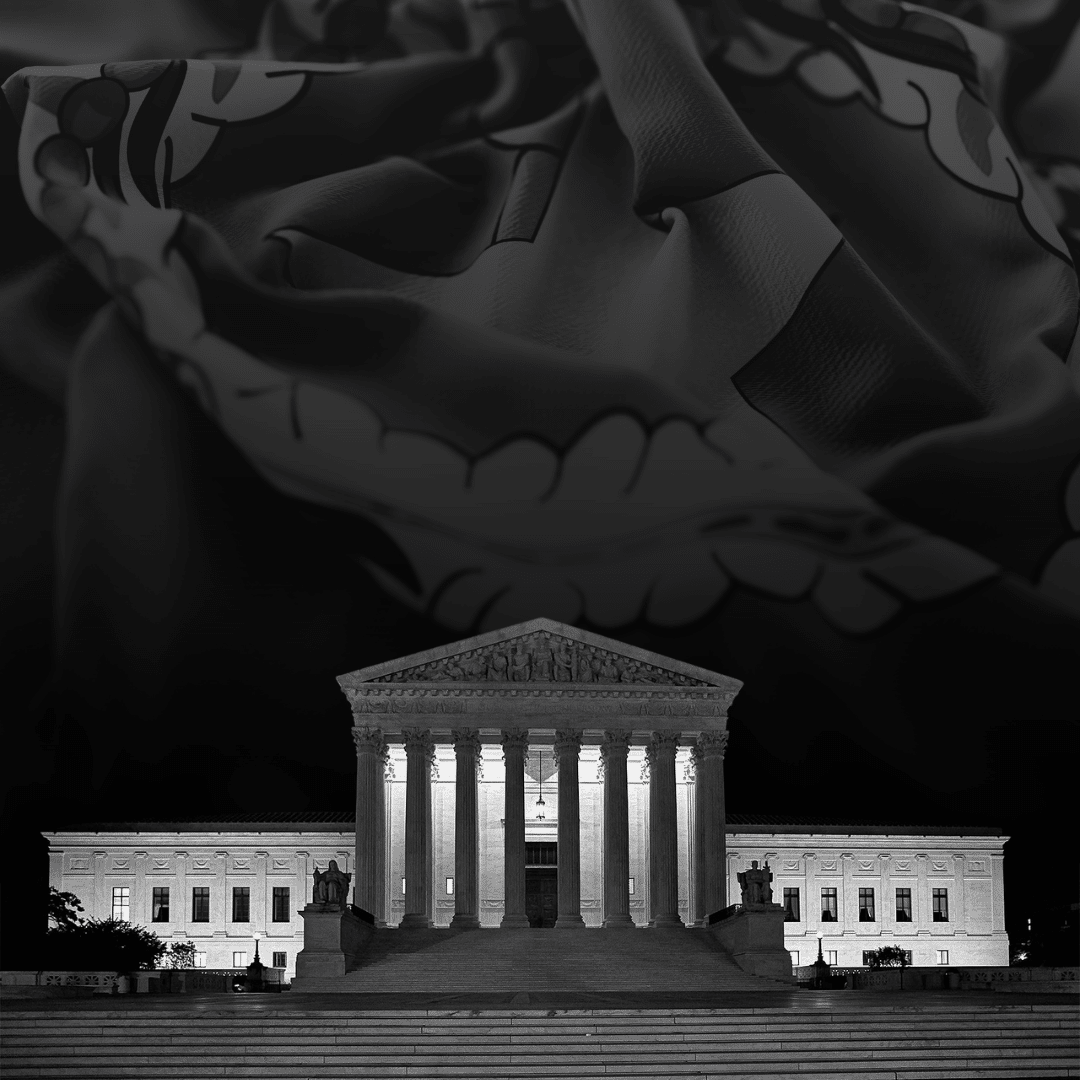

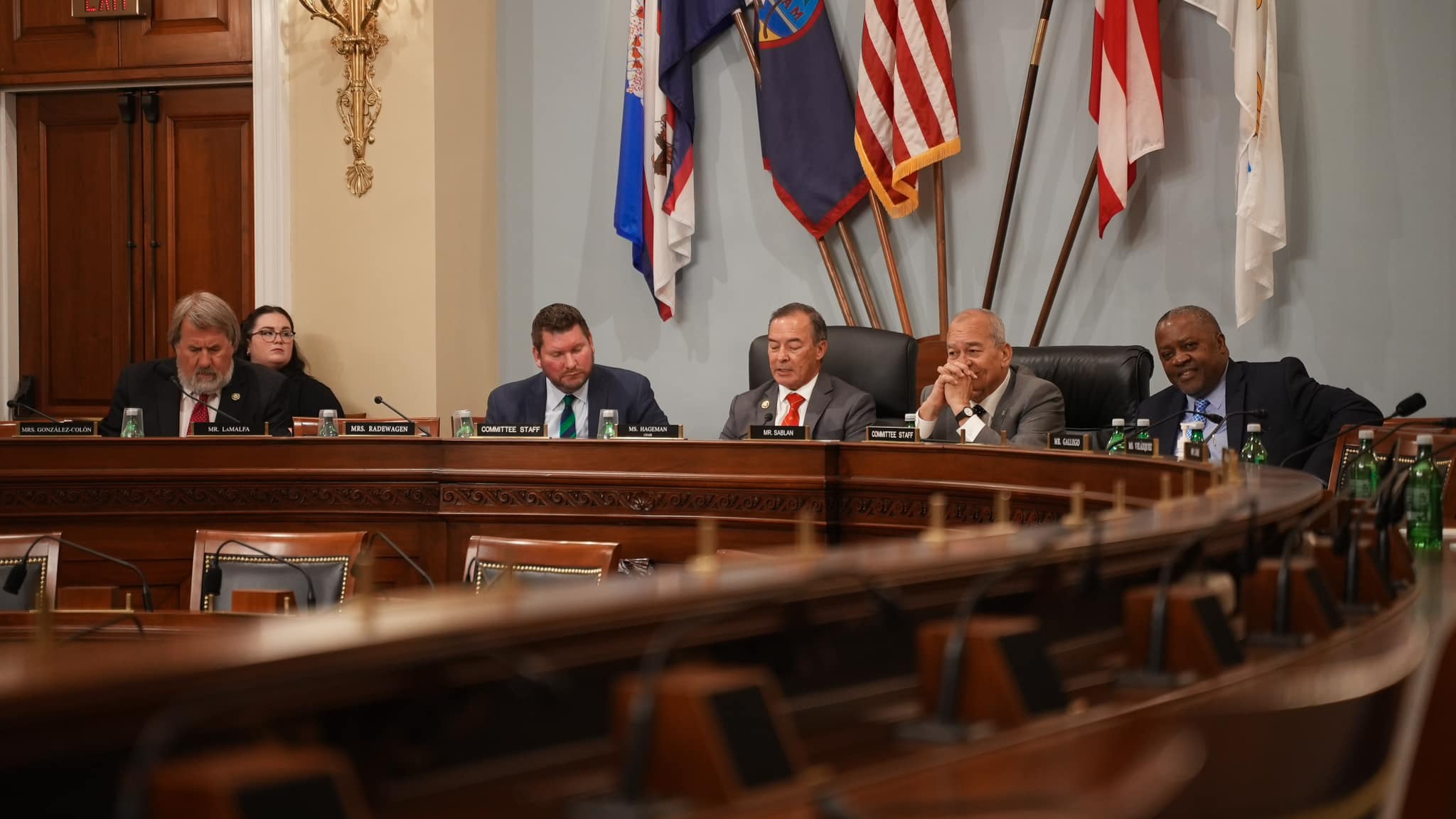

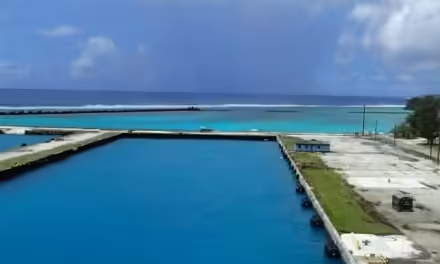


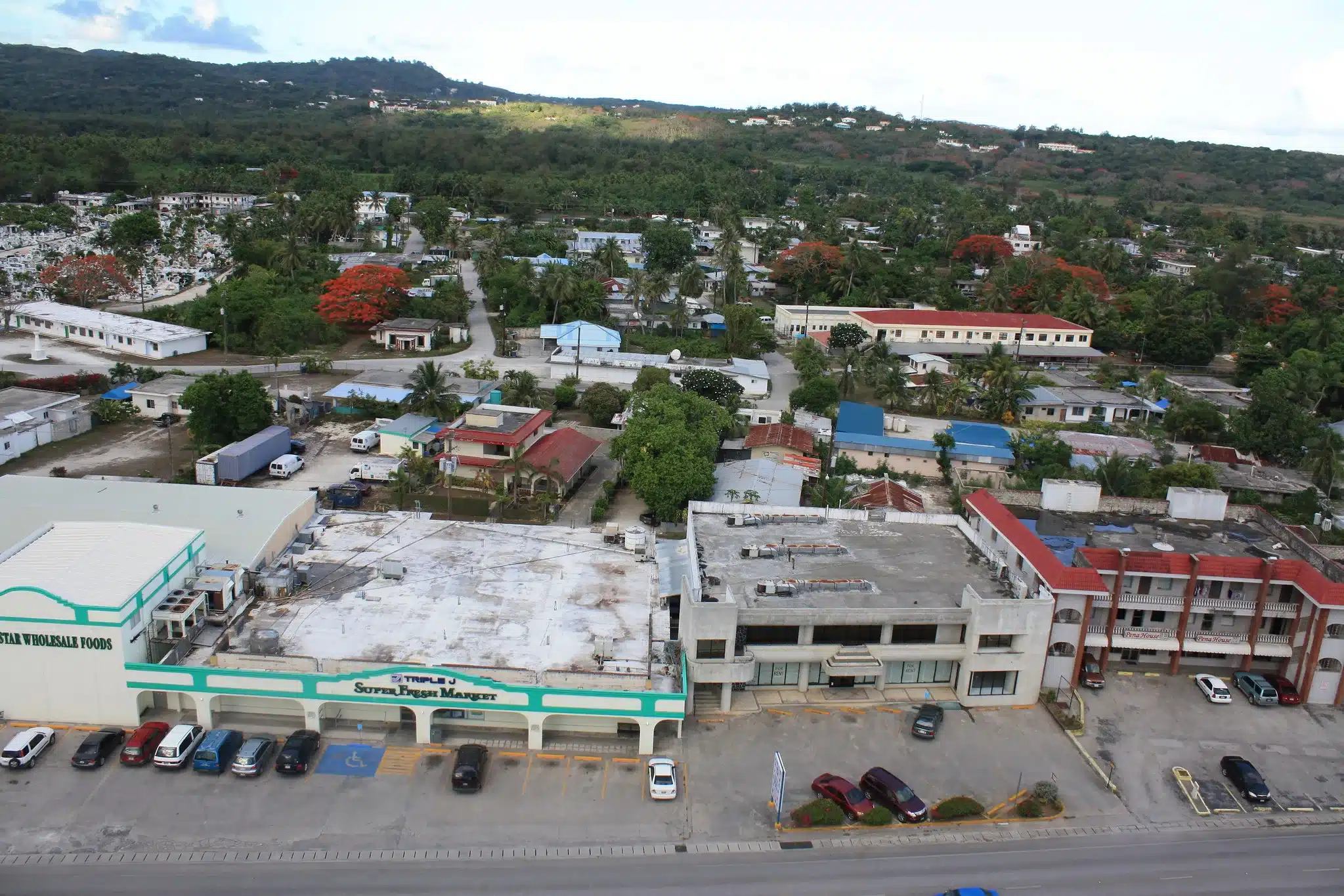


0 Comments